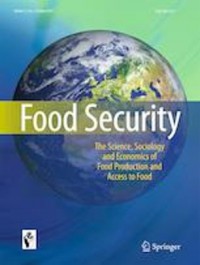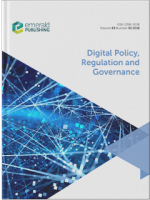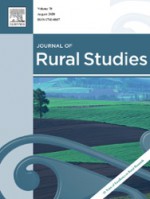International Migration, Remittance and Food Security during Food Crises: The Case Study of Nigeria

The paper argues for the need to integrate the linkages between migration, remittances and food crises in the migration-food security literature. Food crises that are exacerbated by erratic climatic changes, violence and other uncertainties are important drivers of international migration. Research on the impact of migration and remittances on food security has grown lately, but it is arguably not comprehensive in its approach. The role of remittances in improving household food security experience during food crises is a vital stream being neglected, and the impact of remittances on food security over a long-term is yet to be studied comprehensively. To fill this gap, we analysed the case study of Nigeria using a World Bank Living Standards dataset, and followed an instrumental variable approach. Our results showed that remittance is valuable in meeting both short and long-term food security, and it is a veritable instrument for meeting household food security during food crises. It is particularly crucial for female-headed households who are more vulnerable to food insecurity. Although it does not significantly improve dietary diversity, households receiving remittances are less likely to adopt unhealthy coping practices such as eating less nutritious food, and less likely to be worried about meeting household food requirements due to lack of money. We conclude that remittances do not only smoothen consumption; it also places households on higher food security equilibrium during food crises.





